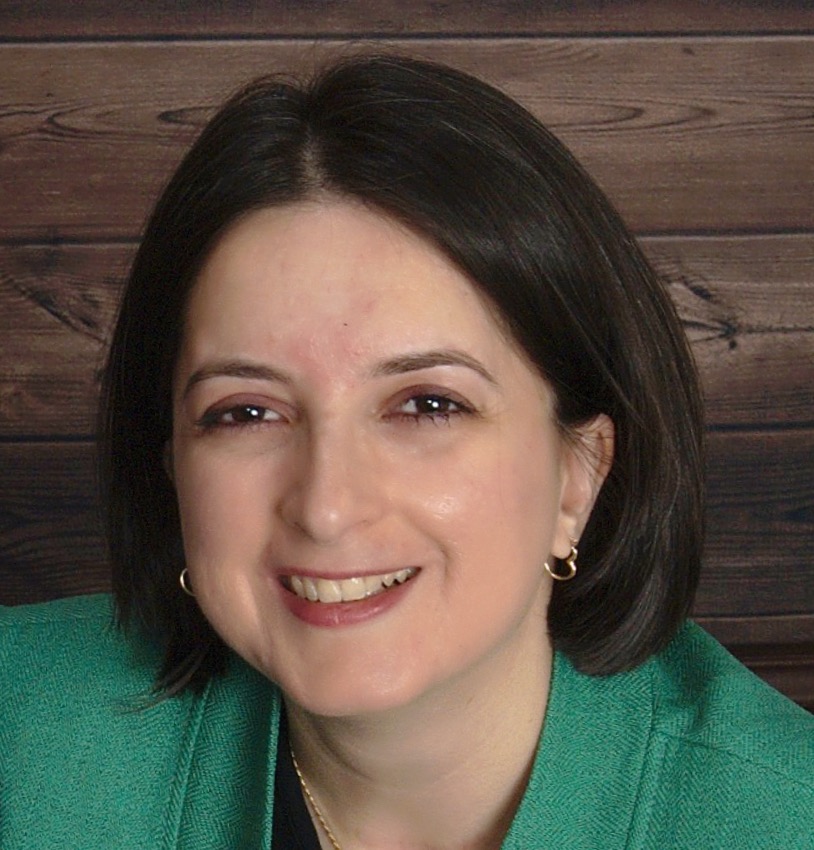
Dr. Nargess Memarsadeghi is a senior computer engineer at NASA’s Goddard Space Flight Center, where she has been working since 2001. Her experiences and responsibilities include design, development, and management of software and tools for processing, analysis, and visualization of large scientific data sets with applications in earth sciences, planetary sciences, and astrophysics. She is currently a software engineer for Science Data Processing of the Roman Space Telescope's Wide-Field Instrument. Nargess is also the NASA PI for the Game and Repository for Aperture Solutions and Patterns (GRASP) and leads NASA GSFC’s AI Center of Excellence. Nargess is interested in educational projects and was the Principle Investigator for the Educational NASA Computational and Scientific Studies (enCOMPASS) project, as part of which she published a case study on Golomb Rulers and Their Applications. Nargess also served as NASA’s project manager for the Data and Information System of the Global Learning and Observation to Benefit the Environment (GLOBE) Program in 2013-2017, during the time that GLOBE’s Citizen Science initiative, GLOBE Observer, was launched. She received her B.S., M.S., and Ph.D. in Computer Science from the University of Maryland at College Park in 2001, 2004, and 2007 respectively. You can contact her at nargess.memarsadeghi at nasa.gov.

Byung S. Lee is a database and information technologist and a professor of computer science at the University of Vermont. Before joining University of Vermont, Dr. Lee was an assistant professor of software in graduate programs at the University of St. Thomas. He had 10 years of prior industry experience in the areas of database & information technology, data communication, and communication & control system, working as a technical staff member, startup founding member, system architect, supervisor, and consultant. Since joining the academia, Dr. Lee has taught courses in the areas of database systems and computer algorithm design, computer architecture, and data structures. Dr. Lee’s research focus has been in the areas of databases & database management systems, information system architecture, data mining & machine learning, and data stream processing, with primary applications in environment, healthcare, transportation, smart facility, and citizen science. Dr. Lee has been a PI and Co-PI of nearly 20 funded research projects. Previous projects include sensor-generated data monitoring, GPS-based location tracking and analysis, energy-efficient utilization of wireless communication sensor networks, forecasting of system workloads for optimal load balancing, and RFID-based transportation signage management system. Current projects include citizen science game for NASA science missions, group interaction pattern analysis in smart buildings, ECG anomaly detection, ecohydrological resilience analysis in earth critical zone, and anomaly detection from a complex data stream. Dr. Lee is an author of nearly 80 peer-reviewed publications, and has served as an organizer, chair, and member of program committees in nearly 50 international conferences. He holds Ph.D. from Stanford University, M.S. from KAIST, and B.S. from Seoul National University.

Ryan Joseph is a graduate student pursuing a Master’s degree in Computer Science at the University of Vermont. He received his B.S. in Computer Science in 2021. His technical interests include programming language theory & implementation, operating systems, and functional programming. He is the original lead developer of the GRASP website. He has also been a software developer for Pro EMS Solutions, where he designed custom software solutions for various business issues and developed a client-server electronic desktop application that handles database access to ambulance call records for dispatchers.He writes about random technical topics here.
Clay Kaufmann is an undergraduate student pursuing a Bachelor’s degree in Computer Science at the University of Vermont. He grew up in San Francisco, in the shadow of Silicon Valley fostering his interest in computer science and software engineering. He is most interested in distributed systems, machine learning, and full-stack web development. On completion of his Bachelor's, he will be working towards M.S. at the University of Vermont through the Accelerated Master’s Program in Computer Science. His focus in the Master’s program is on machine learning. After graduation, he plans to work in the computer software industry. His personal website can be found here.